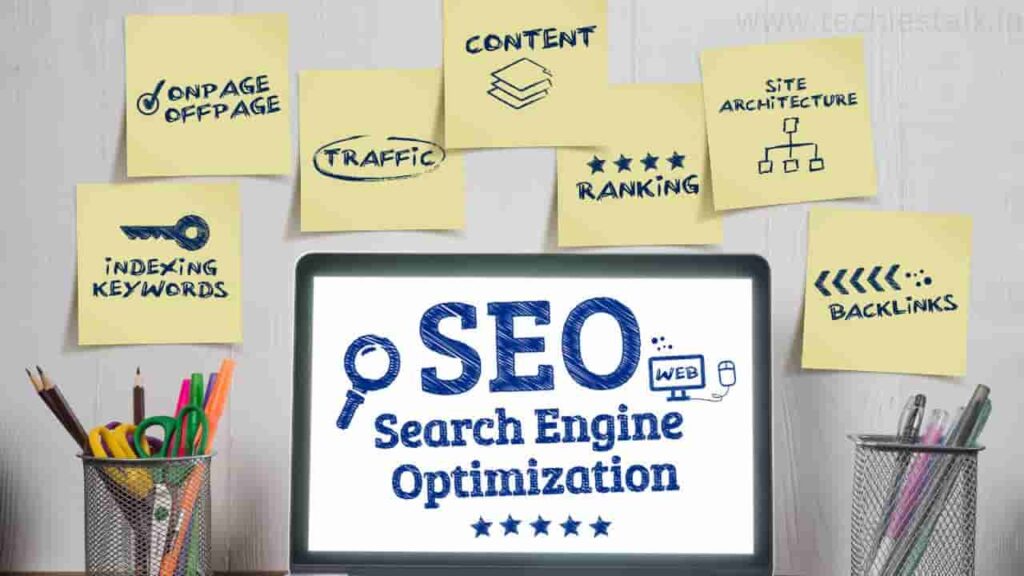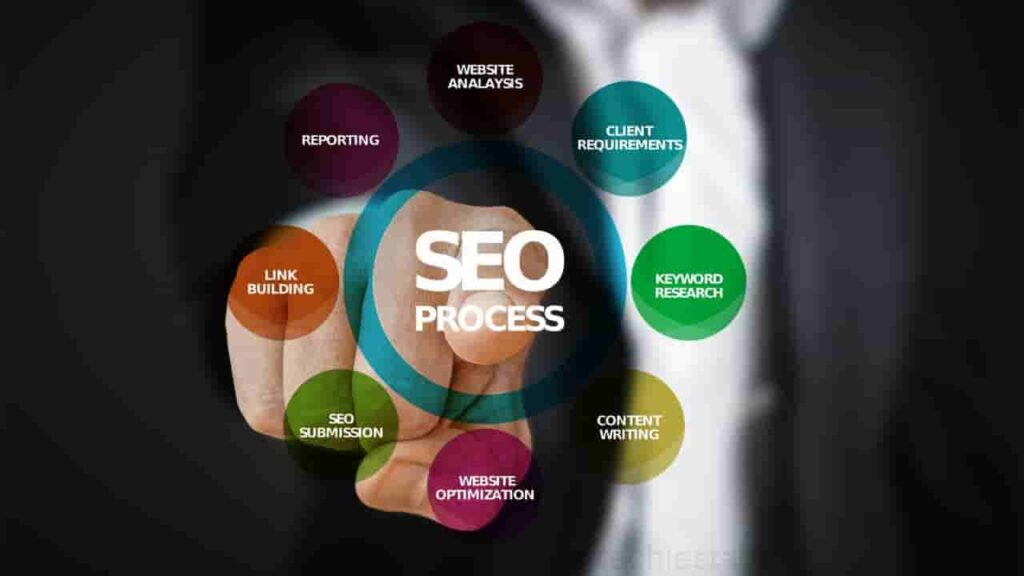
Website optimization for search engines (SEO) is a strategy to enhance a website’s positioning in search engine result pages, such as Google. When a website is displayed at a higher rank, it is more likely to be viewed and visited by users, which can result in an upsurge in visits and revenue for the website.
There are various components that can impact a website’s ranking on search engines. A portion of the primary elements include the quality and pertinence of the website’s content, the utilization of keywords on the website, the website’s performance and usability, and the quality and amount of links from other websites.
By optimizing a website for search engines, a business or individual can advance their website’s visibility and reach, which can lead to an increase in traffic and revenue.
Why SEO is important?
There are several reasons why search engine optimization (SEO) is important:
- Increased traffic: A website has a better chance of being noticed by people if it is ranked higher in the search engine results, which can result in more visitors.
- Increased revenue: An elevation in web traffic can result in improved income for a company, since more customers are presented with the business’s product offerings or services.
- Cost-effective marketing: SEO is an advantageous approach for businesses to engage with potential customers, as it provides them with the opportunity to contact individuals who are actively looking for their items or offerings.
- Improved credibility: A high position on search engine results can strengthen the believability and confidence in a company, as it indicates that the business is a reliable and authoritative leader in its field.
- Improved user experience: Making a website more compatible with search engines generally makes it more convenient to use and browse, thereby boosting the experience of visitors.
Overall, SEO is important because it helps businesses and individuals to attract more qualified traffic to their website, which can lead to increased revenue and credibility.

Top 6 Advanced SEO Techniques You Need to Know in 2023
There are many different strategies that you can use to optimize the search engine optimization (SEO) for your website. Here are some general tips to consider:
Research and use relevant keywords: Identify which words and phrases your target demographic is using when looking for the products or services you provide, and ensure that these key terms are utilized in your website’s content, page titles, and meta descriptions.
Improve the user experience: Ensure that your website is straightforward and convenient to use. This entails having an orderly and uncluttered appearance, swift loading speeds, and a responsive layout for mobile devices.
Generate high-quality content: Produce and disseminate top-notch, unique material that is pertinent to your target market and that answers their requirements and concerns.
Use header tags: Incorporating header tags (H1, H2, etc.) into your website content is essential for structuring and organizing the material. This will make it simpler for both users and search engines to recognize the primary topics and subtopics on your website.
Acquire backlinks: Obtaining connections from other trustworthy websites can assist in enhancing your website’s positioning on search engines.
Use social media: Use social media platforms to promote your website and drive traffic to it.
Top ranking SEO keywords in technology
Numerous technology terms are frequently used in search engine optimization (SEO). Notable technology keywords that rank highly include:
- “Technology news”
- “Tech reviews”
- “Latest gadgets”
- “Innovation”
- “IT support”
- “Computer repair”
- “Software updates”
- “Tech trends”
- “Cybersecurity”
- “Artificial intelligence”
It is essential to be aware that the exact keywords that are most advantageous for SEO can differ based on the precise technology sector you are attempting to focus on and the intended audience you are attempting to reach.